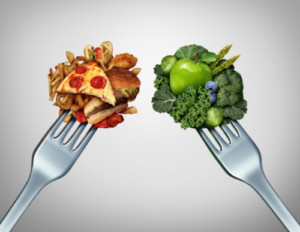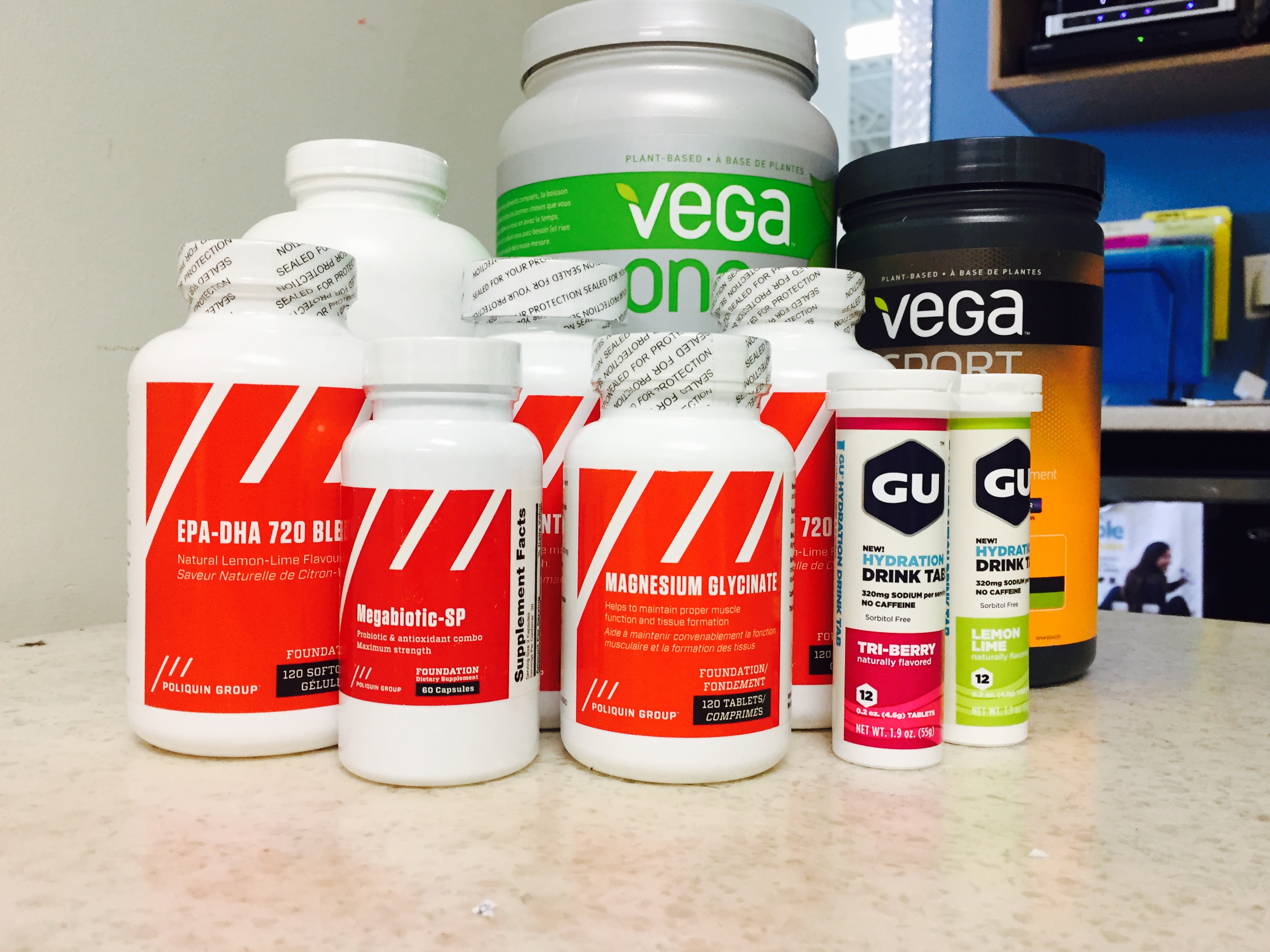One bourbon, one scotch, one beer.. We’ve all heard the famous song; it’s a classic. It’s also fitting for the time of year as many of us will indulge in a few extra drinks over the holidays. Admit it, alcohol is a big part of our society and has been for thousands of years. Even the remarkable Egyptians were known to enjoy a drink or two! Yet, alcohol can have its ups and downs and I am sure we’ve all experienced those at some point in our lives, especially the morning after…
That being said, have you ever wondered what alcohol actually does to your body? Is it good or bad for you? Don’t worry, I’m not going to tell you not to drink as this is not the point of this article. It’s about informing you on the facts and allowing you to decide whether or not it is worth having that extra cocktail at happy hour over the holidays.
Alcohol Vs. Health Benefits
You have most likely heard through the media that having a glass of wine each day can help prevent cardiovascular diseases and therefore be a health benefit. The problem is that in these studies a very low amount of alcohol was used which resulted with these positive effects. These studies also showed that if one consumed more than this “moderate level” of one drink per day, they actually increased their risk of chronic diseases such as hypertension, diabetes and coronary heart diseases. That is why the research as well as doctors also state that if you currently don’t drink, you shouldn’t start just because of the so called health benefits. There is such a fine line for the actual health benefits that the risks outweigh the benefits.
Let’s be honest! How many people can actually stay within the “healthy zone” while drinking to consider themselves light to moderate drinkers? In fact, most people underestimate how much alcohol they consume. More often than not, this health statement is used to convince ourselves that we are drinking for the positive benefits which therefore helps us escape the guilt trip. I apologize for being the Grinch on Christmas but it’s safe to say that the average drinker doesn’t get much health benefits from alcohol.
Alcohol Vs. Body Composition
Unlike other energy sources such as protein, carbohydrates or fats, alcohol cannot be stored by the body for later use. This means that alcohol is prioritized for metabolism. Essentially, alcohol bullies other nutrients in order to get metabolized first. All other metabolic processes are put on hold until all the alcohol in your body is metabolized.
How does this affect your body composition? Well think of it this way; if your body was a nightclub, alcohol has VIP access to the front of the line therefore leaving important players such as protein synthesis (the key to muscle growth) and lipolysis (the breakdown of fats) at the back of the line. This means that you can say goodbye to any muscle gain or fat loss while consuming alcohol. Obviously the more you drink, the more these processes are put on hold.
Alcohol also acts as a diuretic and as the saying goes “don’t break the seal”, many of us can relate. Consequently, not only does alcohol get metabolized first but also deprives us of our hydration levels and literally flushes away all our vitamins and minerals. Since we all know how important hydration is, we know that this will only have a negative impact on our performance and goals.
Therefore, one should avoid alcohol consumption immediately after physical activity as the body’s metabolic processes are accelerated and are in dire need of proper nutrients. Since alcohol will only deprive your body of what it needs, don’t expect to look like Arnold anytime soon if you’re regularly dipping into the sauce!
Alcohol Vs. Calories
Another issue with alcohol is it contains 7 calories per gram. Unfortunately these calories have no nutritional value and are often referred to as “empty calories”. Thus, you are adding calories into your body and not getting any use of them. This can be problematic when binge drinking as one can easily consume thousands of calories in a day or night. As we know, in order to lose weight we need to have a negative calorie count (more calories out vs. calories in). Therefore, one night of binge drinking can easily eliminate an entire week’s worth of “negative calories”. No wonder weekend warriors have issues losing weight!
Lastly, since alcohol is known to impair judgement, we often see bad eating habits occur while under the influence. People who have been drinking are more likely to eat things that don’t coordinate with their goals and lifestyle, therefore causing them to sabotage their weight loss goals. That late night Mcdonald’s run always seemed like a good idea after a few cocktails until the day after! The combination of mindless eating and liquid calories is a weight loss killer!
Alcohol vs Sleep
It’s a known fact that alcohol has a sedative effect on the body and makes you “sleepy”. That is why you’ve probably heard of people telling you that taking a “night cap” or pre-bedtime drink is a great way to quickly fall asleep. Unfortunately, this advice isn’t accurate as alcohol is also a stimulant and has major effects on sleep quality. Alcohol disrupts sleep cycles, especially the REM stage (rapid-eye movement) which happens roughly 90 minutes after you fall asleep. It’s the stage where you dream and recover mentally. Disruption of REM sleep leads to less mental focus and concentration during the day. Therefore, even though alcohol may help you fall asleep, you’re sleep quality won’t be as good as an alcohol free night. Just think about how tired were you after a night out on the town even though you slept in until noon?
Summary and Tips
As you can see, hangovers aren’t the only way alcohol can have negative effects on your body and goals. It most likely won’t help you lose that “dad bod” you’ve been trying to get rid of or make you feel good in the morning. Yet, if you have the urge to give into the peer pressure while socializing and have a few brews, here is a handful of tips to help counter balance the side effects.
- The clearer the better. Drink clear alcohol and mixes such as vodka/soda or water to lower calorie and sugar intake.
- Drink a glass of water after every alcoholic beverage to rehydrate.
- Take a multivitamin to counterbalance the mineral/vitamin loss.
- Eat before going out so that you’re not drinking on an empty stomach.
- Keep count. If you can’t remember how many you’ve had, you’ve had too many.
- Don’t mix alcohols. Pick your drink of choice and stick with it. You’ll thank me in the morning.
- FIND A RIDE! Get a designated driver or taxi. I don’t think I need to say more than that!
I’ll leave it up to you to decide whether the pros outweigh the cons on how many drinks you have during the holidays. Enjoy this time of year, just remember to drink responsibly and be safe. Alcohol is a drug. Be smart.
Cheers,
Paul Bissonnette B. Kin, CEP, CSCS, FMSC, Pn1
References
- Andrews, R. (n.d.). All About Alcoholic Beverages. Retrieved from Precision Nutrition: https://www.precisionnutrition.com/all-about-alcoholic-beverages
- Baechle, T. R. ; Earle, R. W. & National Strength and Conditioning Association. (200). Essentials of strength training and conditioning (3rd ed.). Champaign, IL: Human Kinetics.
- Barnes MatthewJ, et al. Acute alcohol consumption aggravates the decline in muscle performance following strenuous eccentric exercise. J Sci Med Sport (2009), doi:10.1016/j.jsams.2008.12.627
- Berardi, J., & Andrews, R. (2015). The Essentials of Sport and Exercise Nutrition Certification Manual (Second ed.). Precision Nutrition Inc.
- Bergmann, M. e. (2011). The association of lifetime alcohol use with measures of abdominal and general adiposity in a large-scale European cohort. European Journal of Clinical Nutrition, 65, 1079-1087.
- DePutter, C. (n.d.). Would I be healthier if I quit drinking? Retrieved from Precision Nutrition: https://www.precisionnutrition.com/quit-drinking
- Kita, J. (2009, 11 17). 6 Ways Alcohol Disrupts Performance. Retrieved from Core Performance: http://www.coreperformance.com/daily/one-small-change/6-ways-alcohol-disrupts-performance.html
- McArdle, W., Katch, F., & Katch, V. (2010). Exercise Physiology: Nutrition, Energy, and Human Performance (7 ed.). Philadelphia: Wolters Kluwer: Lippincott Williams & Wilkins.
- Mukamal, K., Chen, C., Rao, S., & Breslow, R. (2010, Nov 13). Alcohol Consumption and Cardivascular Mortality Amoun U.S. Adults, 1987 to 2002. Journal of the American College of Cardiology, 55, 1328-1335.
- Poliquin Group Editorial Staff. (2015, 8 12). Avoid Alcohol AFter Training: Don’t Erase Your Hard Work! Retrieved from Poliquin Group: http://main.poliquingroup.com/ArticlesMultimedia/Articles/Article/1361/Avoid_Alcohol_After_Training_Dont_Erase_Your_Hard_.aspx
- Poliquin Group Editorial Staff. (2016, 8 18). Avoid Alcohol to Lose Belly Fat. Retrieved from Poliquin Group: http://main.poliquingroup.com/ArticlesMultimedia/Articles/Article/1506/Avoid_Alcohol_to_Lose_Belly_Fat.aspx
- Traversy, G., & Chaput, J. P. (2015). Alcohol Consumption and Obesity: An Update. Curr Obes Rep(4), 122-130.







